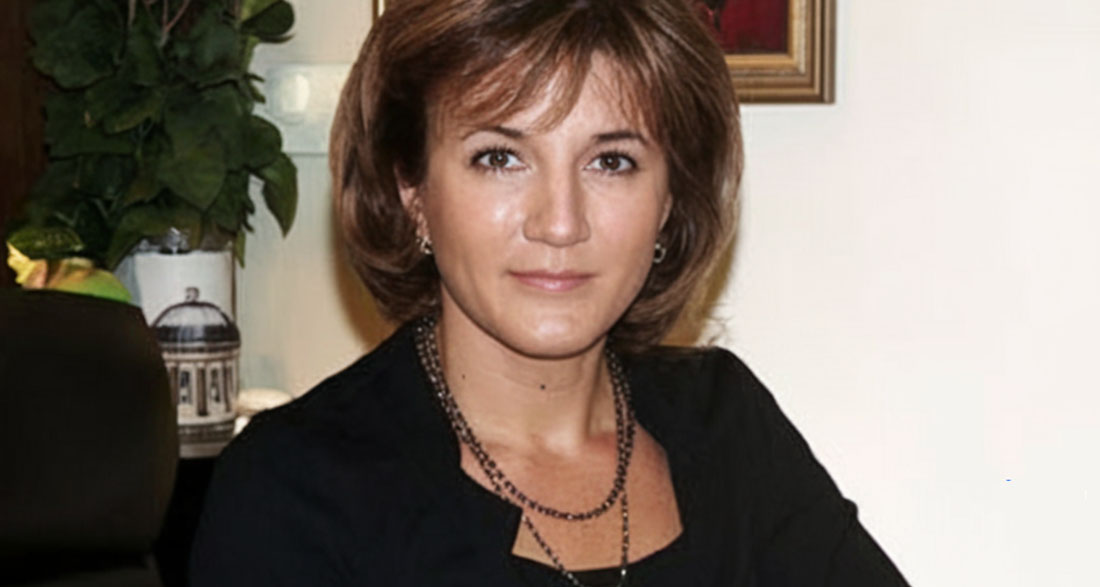In the cluttered corners of an old attic, I, Violet, stumbled upon a letter that changed everything. It was from my late father, hidden away for years, and what I found inside was a surprise inheritance meant to secure my future. But instead of bringing peace, it sparked a storm of family drama that tested my relationships and made me question the true cost of claiming what was mine.
The day started like any other. I was sorting through dusty boxes in the attic when my fingers brushed against a worn, yellowed envelope. My name was written on it in my dad’s familiar handwriting. My heart skipped a beat. Dad had passed away ten years ago, leaving behind unresolved emotions and unspoken words. Holding this letter felt like a direct connection to him, a bridge between the past and the present.
I carefully opened the envelope and found a message that was both a revelation and a comfort. My dad had come into a large amount of money through inheritances from his parents and uncles. Before he got sick, he had set up a trust fund for me, meant to cover his medical bills and, later, to help me achieve my dreams.
His words were full of love and hope, and they brought tears to my eyes. He urged me to use the money wisely—for my education, to buy a home, and to build a life filled with opportunities he never had.
But my moment of connection with Dad didn’t stay private for long. My mom walked in and saw me crying over the letter. She asked what it was, and when I showed her, her curiosity quickly turned into something darker. The next day, she insisted on coming with me to meet the lawyer, saying, “It’s in your best interest, Violet.” But I could sense her true intentions.
At Mr. Hargrove’s office, the reality of the inheritance hit hard. The amount was substantial, and I could see the gears turning in my mom’s head. That evening, she shared the news with my stepdad, Joel. Suddenly, my inheritance became the main topic of conversation at home.
Mom had plans—big plans—for the money: home renovations, paying off debts, and covering expenses for my step-siblings. Joel, who was usually practical, hesitated at first, but Mom’s arguments began to sway him.
“I’m not sharing the money,” I said firmly, but as a minor, I didn’t have control over it. My mom already took $20,000, saying it was for “family necessities.” I felt trapped, my own wishes buried under the weight of their expectations.
Determined to protect what was rightfully mine, I turned to my paternal grandmother, Lydia. I was overwhelmed with emotion when I told her everything, and she was furious. With her support, we took legal action to safeguard my trust fund. The legal battle that followed exposed how much my mom and Joel had misused the money, and the court ordered them to return every penny they had taken.
The aftermath was brutal. My mom was furious, her anger like a tidal wave crashing over me. She accused me of betrayal, saying, “How could you do this to your family?” She even told me to leave, and with nowhere else to go, I moved in with Lydia. As I tried to adjust to this new life, I couldn’t help but wonder—was fighting for my inheritance really worth it if it meant losing my family?
Now, sitting in Lydia’s cozy kitchen, the smell of fresh coffee filling the air, I keep replaying everything in my mind. The trust fund was my dad’s final gift, meant to give me the future he wanted for me. But in claiming it, I ended up distancing myself from my mom, Joel, and my siblings—people I still care about deeply. They were caught in the crossfire of a battle I felt I had no choice but to fight.
So, I ask you, readers: Was I right to fight for my inheritance? Was it worth the cost of losing my family? Could I have found a different way, a path that didn’t tear us apart?
In the end, the hardest battles aren’t fought against others—they’re the ones we fight within ourselves.

